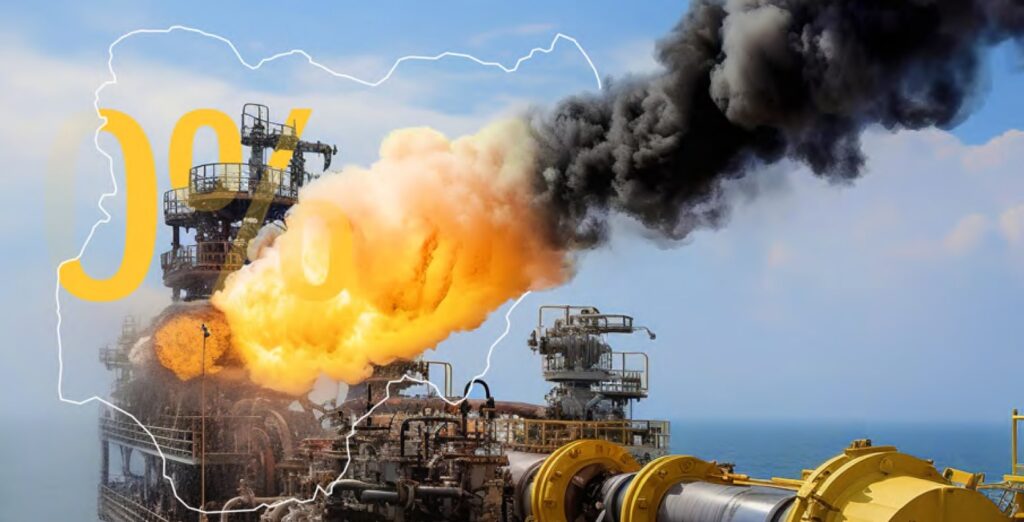Gas flaring, the wasteful burning of associated gas in oil production, persists globally and has severe environmental and economic impacts. Nigeria, despite being part of initiatives to reduce gas flaring, contributes 11% of global flaring. In 2022, 12 million tonnes of CO2 were released, costing $0.79 billion. Regulatory challenges, economic factors, infrastructure inadequacies, and community opposition hinder progress. To address this, Nigeria must enforce gas flare penalties, clarify regulatory roles, and build capacity. Implementing carbon credit sales, attracting investments, developing gas-based industries, and fostering international collaborations are vital. Urgent action, like the Nigerian Gas Flare Commercialization Programme, is necessary for mitigating the harmful consequences of gas flaring and achieving zero gas flares by 2030.
Click here to download.



